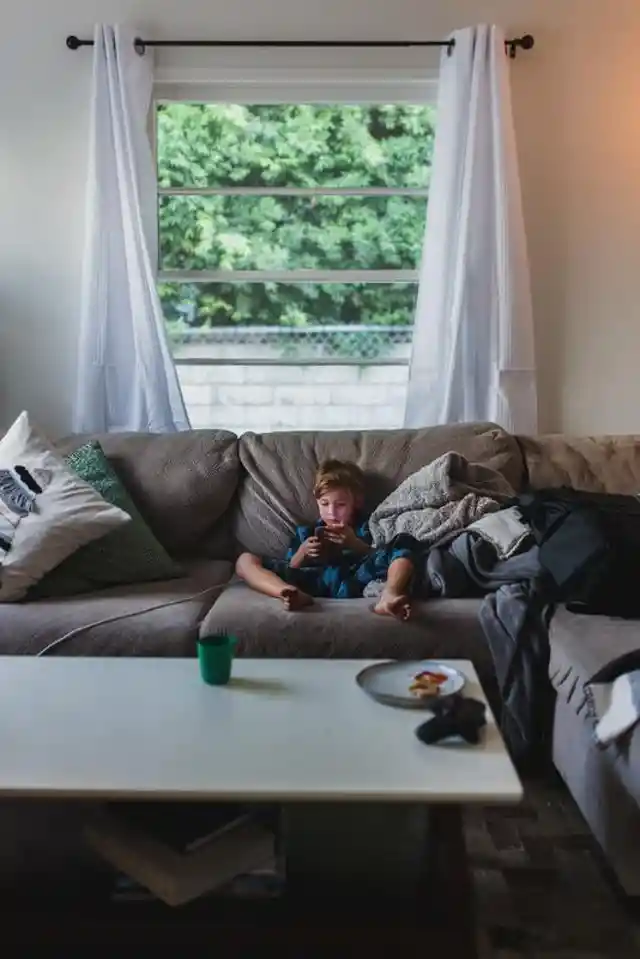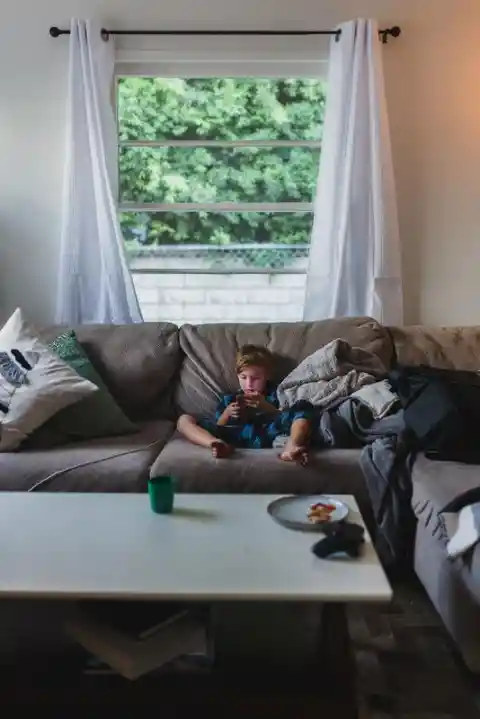Ever since the dawn of TV, we have been hearing about how this ‘brain rot’ will ruin the minds of our children. That they will spend all day gawking at reality TV shows, music videos, and video games. However, for many, this was always a conservative mindset that was not really played out in the facts. Today, though, the rise of wireless hardware means that kids are looking at screens more than ever.


Is this a problem? Some believe so. A study carried out recently in Singapore found that children who were spending time on-screen by the age of 3 – extremely common today – can be inactive physically as early as age 5. Naturally, this is not good for their young bodies, and entering such a sedentary lifestyle so young can only bring negatives in their future with regards to their health and their development.
The study found that children who were sitting on-screen most of the day were moving around a lot less than their more active friends. This means that by the time they reach school age and are playing with others and taking part in physical education they will be far behind the curve.
Naturally, this leads to embarrassment and then many children do not want to participate. This creates a lifelong attitude of slovenly thinking and an inactive way of life. This is not a good thing, and it can have a detrimental impact on the health and well-being of a child. Adapting the kind of ‘’office work’ lifestyle as early as age 5 could be a huge problem for many children as they age into their teenage and adult selves.


Can this problem be solved?
It is not easy, but it comes down to digital regulation by parents. The problem is time. Modern parenting requires such a division of your limited time that, occasionally, leaving your child with the tablet or smartphone is just what you need to get things done at home or for your work.
That is not a good thing, though, as many parents become reliant on that ‘quiet’ time – they think that as their child is happy and content in their digital reality, things are fine. Unaware of the problems that this will cause later in life, though, an easier time for a parent today often means a harder time for the child tomorrow.
These are hard issues to overcome, but as the study shows it might be better to be run off your feet in the earliest years of parenthood than having to go back and forth to the doctors with a sick, immobile child later in life.